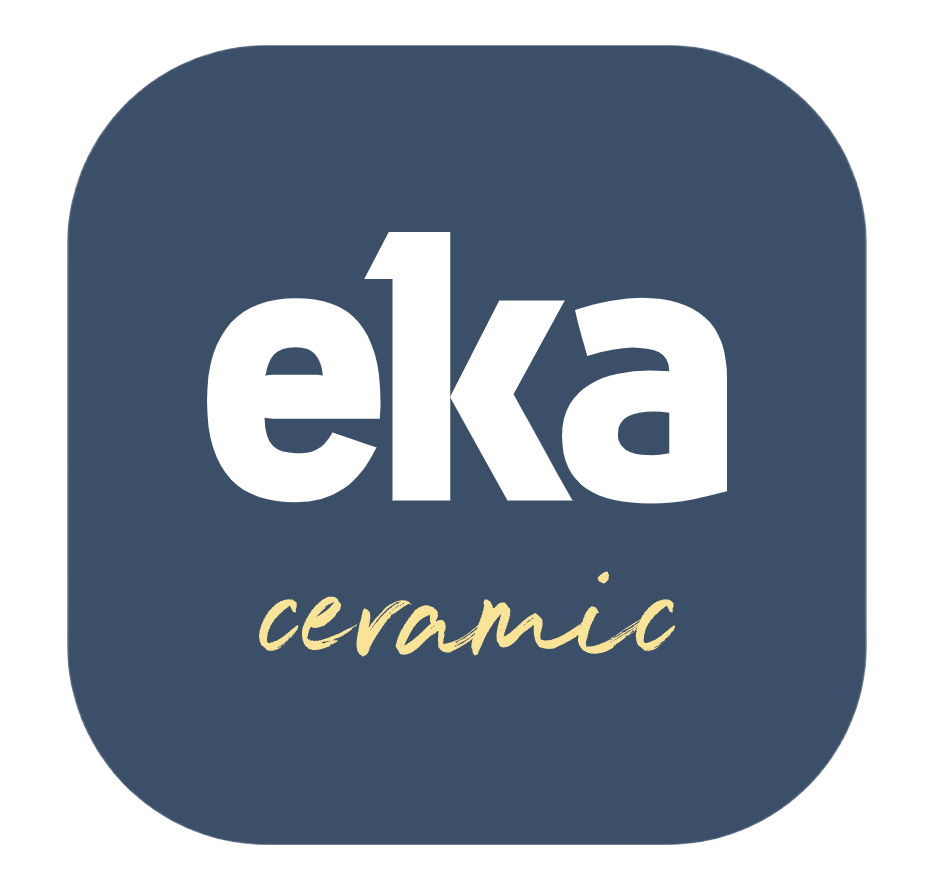Bone china, renowned for its exquisite craftsmanship and elegant appearance, is often considered a high-end ceramic. Despite its appealing aesthetics and durability, the high price of bone china often raises questions about its value. This article delves into the origins of bone china, its classifications, the differences in pricing based on quality inspection standards, and provides a guide on how to distinguish between ordinary ceramics and bone china. Understanding these aspects will help clarify why bone china commands such a high price.
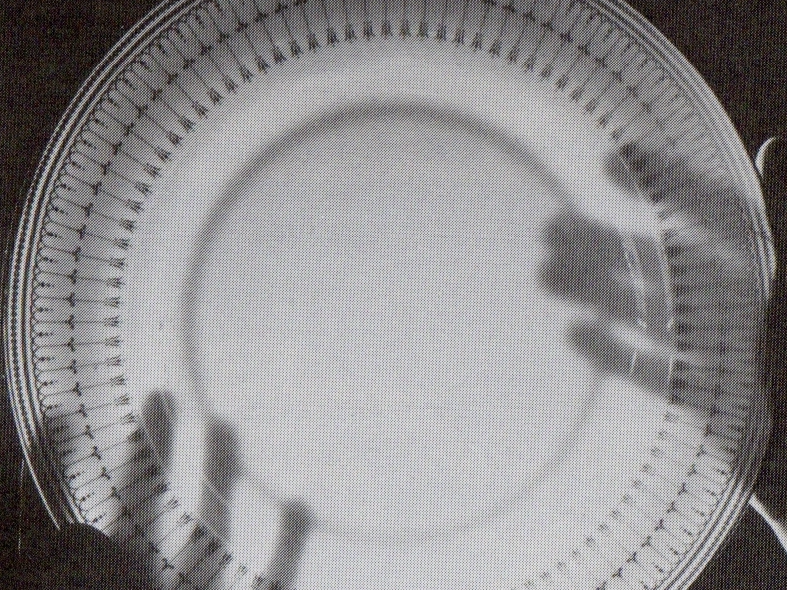
1. The Origin of Bone China
Bone china is a high-end ceramic with a rich history, distinguished by its unique composition and manufacturing process. Understanding the origin of bone china can shed light on why it is so expensive.
1.1 The Historical Background of Bone China
The invention of bone china can be traced back to 18th-century England. In 1748, British ceramicists Henry Bourne and Joseph Flaxman successfully developed a new type of porcelain that combined bone ash with traditional porcelain clay. This new porcelain not only had exceptional strength and elegance but also superior translucency and durability, quickly gaining recognition in the market.
1.2 The Evolution of Bone China
Over time, the manufacturing process of bone china has evolved. From its early traditional methods to modern production techniques, the quality and design of bone china have become increasingly refined. Today, bone china is produced not only in England but also in China and other countries, contributing to its global presence.
2. Classification of Bone China
Bone china is classified primarily based on its material composition and manufacturing process. Different types of bone china have varying characteristics and price points.
2.1 Traditional Bone China
Traditional bone china is characterized by its high bone ash content, typically ranging from 30% to 50%. The production process is complex, involving multiple high-temperature firings to ensure strength and translucency. Traditional bone china is often used for high-end dinnerware and tea sets, and its high price reflects the intricate production process and premium materials.
2.2 Modern Bone China
Modern bone china builds on traditional methods with improvements to enhance production efficiency and reduce costs. The bone ash content in modern bone china may be lower than that of traditional bone china, but it still maintains essential characteristics such as good translucency and durability. Modern bone china is priced lower than traditional bone china but remains more expensive than ordinary ceramics.
2.3 High-End Custom Bone China
High-end custom bone china is typically handcrafted using top-quality bone ash and unique decorative techniques. Each piece may feature intricate carvings, hand-painted designs, or inlaid decorations, offering high artistic and collectible value. The price of high-end custom bone china can be several times higher than other types due to its uniqueness and the complexity of its craftsmanship.
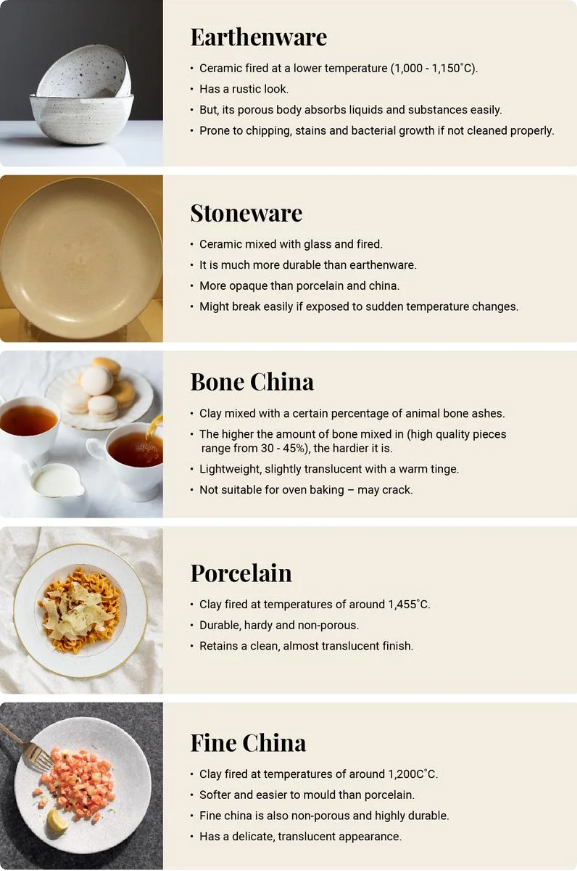
3. Price Differences Due to Quality Inspection Standards
The price of bone china varies significantly based on its quality inspection standards and production processes. Here are the main factors affecting the price:
3.1 Material Composition
The price of bone china is directly influenced by its material composition. High-quality bone china uses a higher percentage of bone ash and premium raw materials, increasing both the product’s strength and translucency. In contrast, bone china with lower bone ash content or lower-quality materials is less expensive, but its quality and performance are also reduced.
3.2 Manufacturing Process
The manufacturing process of bone china affects its price. Traditional bone china production involves multiple high-temperature firings and meticulous polishing, each step requiring strict control. These elaborate processes ensure the quality of the porcelain but also significantly increase production costs. Modern production methods, while more efficient, may not achieve the same level of detail, contributing to price differences.
3.3 Quality Inspection Standards
Quality inspection standards play a crucial role in determining the price of bone china. High-quality bone china undergoes rigorous inspections for strength, translucency, color, and surface smoothness. These stringent quality controls add to the production cost, resulting in higher prices for these products.
3.4 Brand and Design
Brand reputation and design also influence the price of bone china. Products from renowned brands or designers often command higher prices due to their exceptional craftsmanship and high brand value. Custom designs and limited editions of bone china typically have higher prices because of their uniqueness and collectible nature.
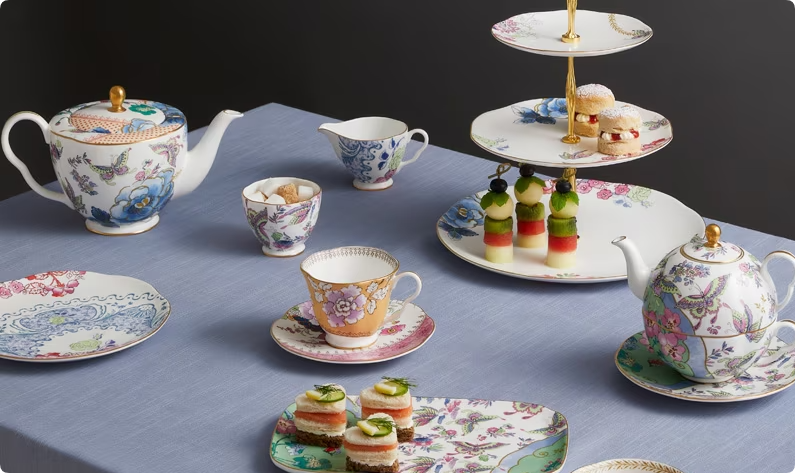
4. How to Distinguish Between Ordinary Ceramics and Bone China
Differentiating between ordinary ceramics and bone china can help consumers make more informed purchasing decisions. Here are some key points to help you identify bone china versus ordinary ceramics:
4.1 Material Composition
Bone china generally contains a higher percentage of bone ash, giving it superior hardness and translucency. Ordinary ceramics are made primarily from clay with a lower bone ash content, resulting in lower strength and translucency.
4.2 Appearance
Bone china typically has a higher gloss and translucency, allowing light to pass through the porcelain. Ordinary ceramics are usually thicker and have lower gloss and translucency. The surface of bone china is often smoother and more refined, whereas ordinary ceramics may have a rougher surface or uneven glaze.
4.3 Weight
Bone china is generally lighter compared to ordinary ceramics. Despite its superior strength, bone china remains lightweight due to the presence of bone ash. Ordinary ceramics are usually heavier, reflecting their denser composition.
4.4 Price
Bone china is usually more expensive than ordinary ceramics. The higher price reflects the quality of materials, manufacturing processes, and quality controls involved. If you find a ceramic item priced significantly higher than ordinary ceramics, it is likely bone china.
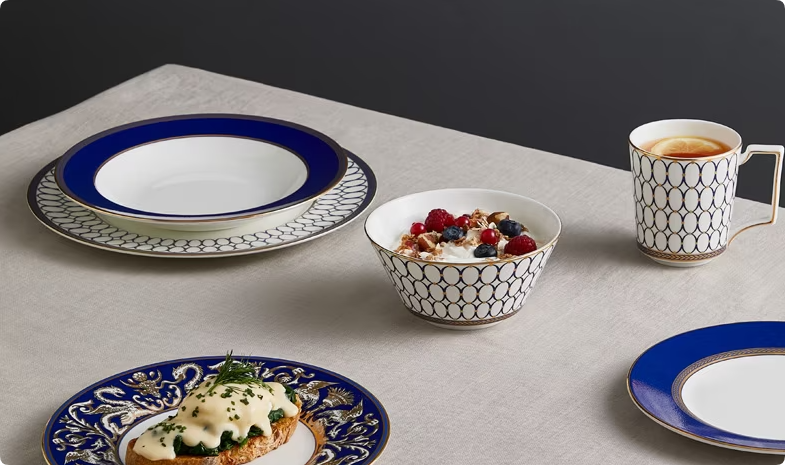
5. Why Bone China Is So Expensive
Several factors contribute to the high price of bone china:
5.1 High-Quality Materials
Bone china uses a high proportion of bone ash and premium raw materials, which are expensive and difficult to obtain. The use of bone ash enhances the porcelain’s strength and translucency but also significantly increases production costs.
5.2 Detailed Craftsmanship
The production process of bone china is intricate, involving multiple high-temperature firings and detailed polishing. These complex processes ensure the quality and beauty of the porcelain but also drive up production costs.
5.3 Rigorous Quality Control
Bone china undergoes strict quality control, including tests for strength, translucency, and surface quality. These high standards add to the production costs and result in higher prices for the final products.
5.4 Brand and Design Value
Renowned brands and unique designs often result in higher prices for bone china. The value associated with a brand or an exclusive design contributes to the overall cost, reflecting the product’s artistic and collectible value.
5.5 Guide to purchase bone china
Bone china is considered to be the most refined and luxurious of tableware materials, adding sophisticated classical and contemporary design to any table – whether during breakfast, lunch or dinner.
If you’re in the market for purchasing bone china tableware, the Wedgwood Guide to Bone China will answer some common questions regarding this beautiful material, as well as providing guidance on how to choose and care for your bone china tableware.
